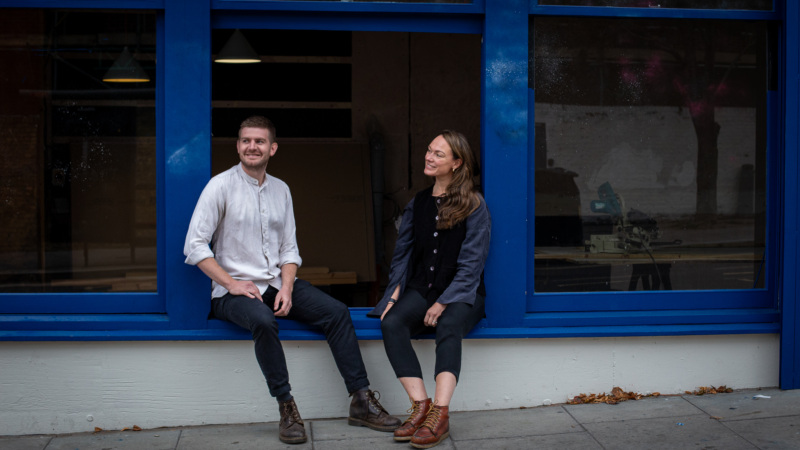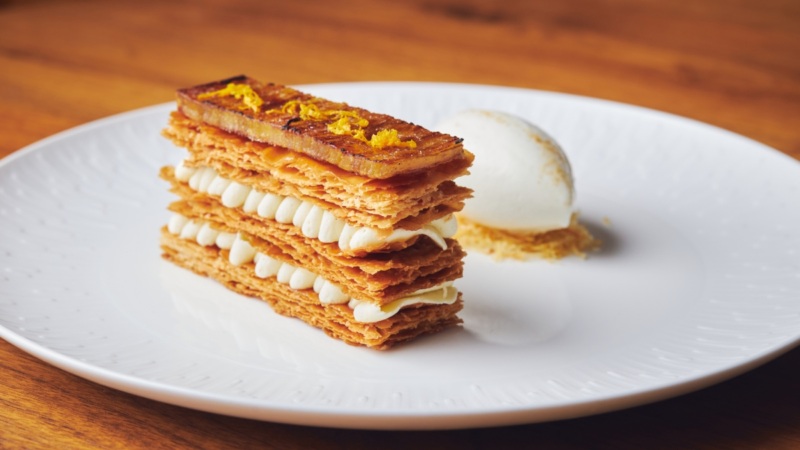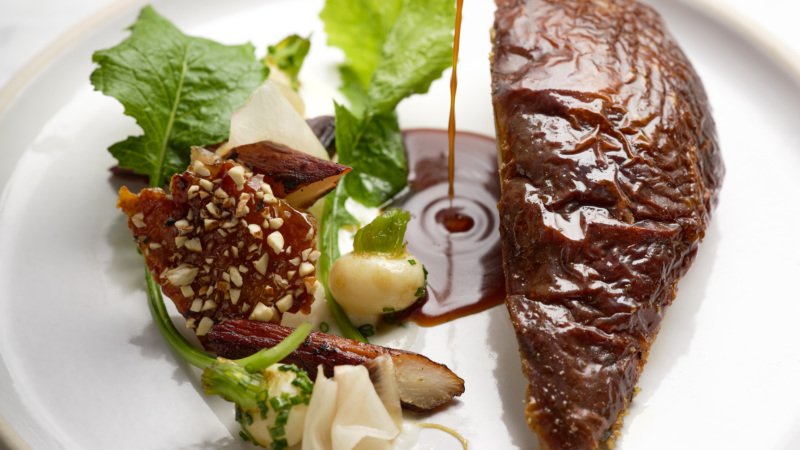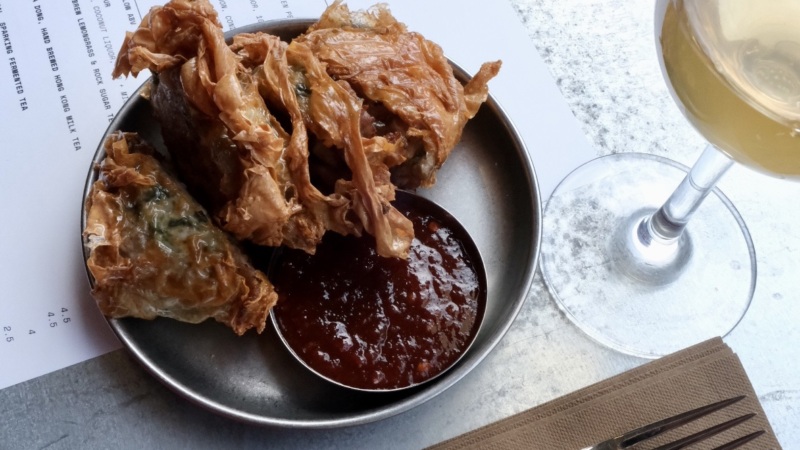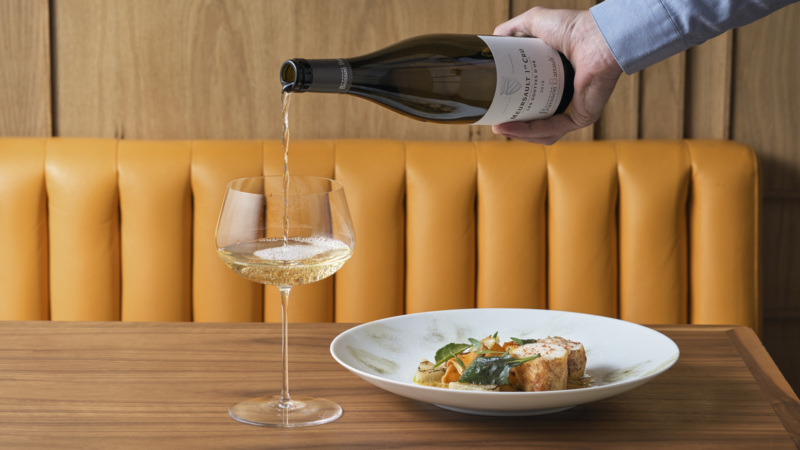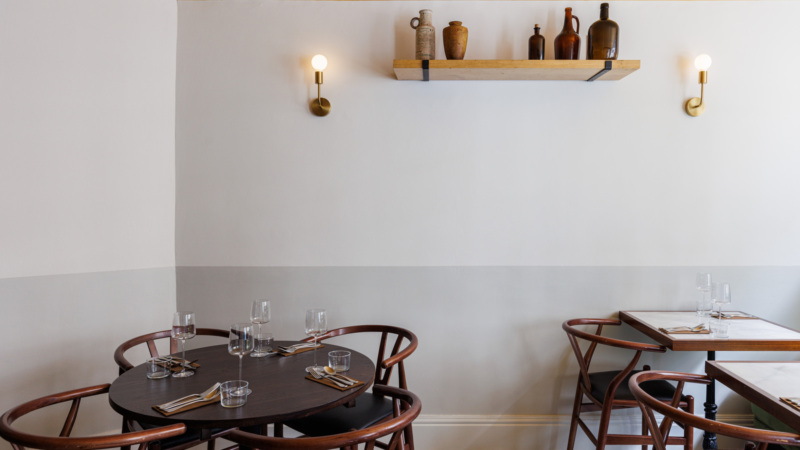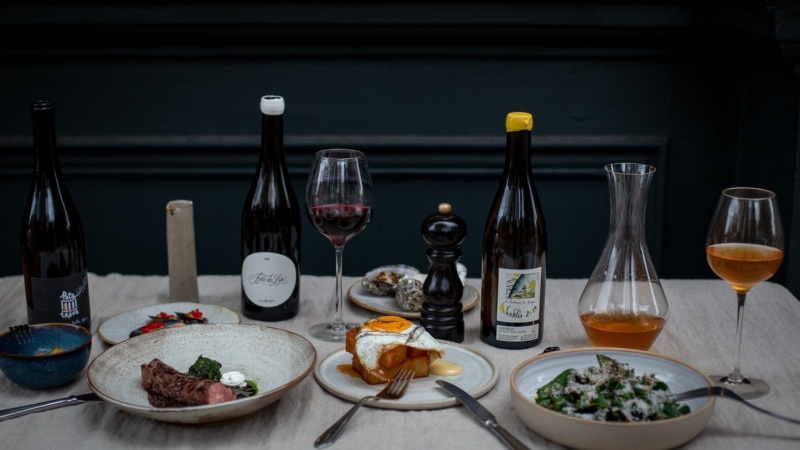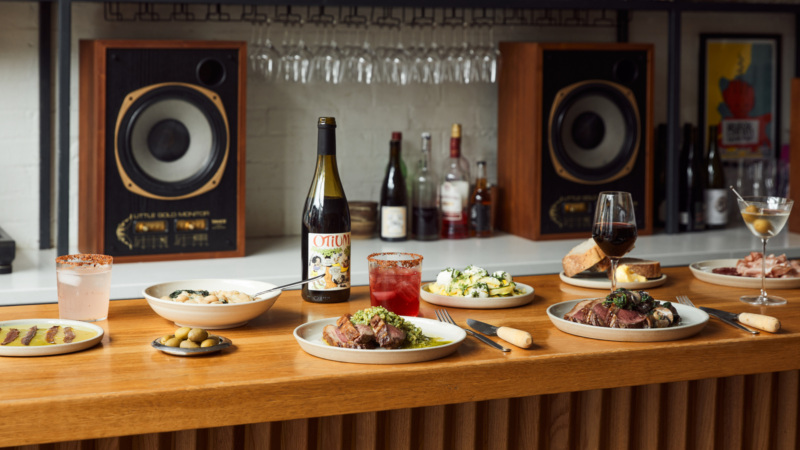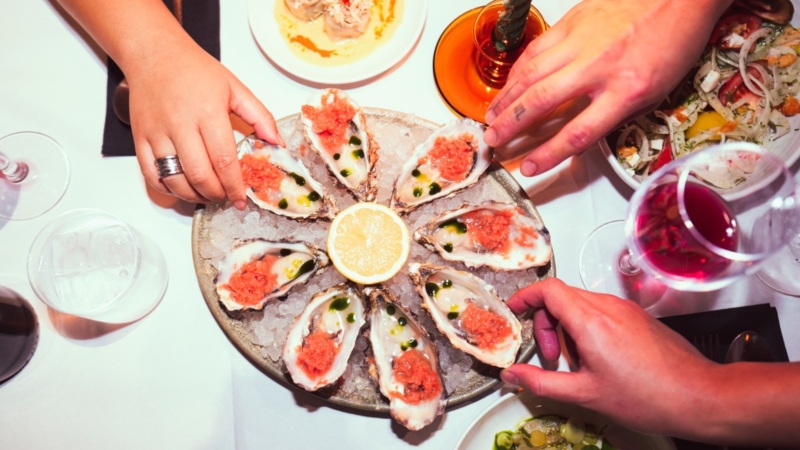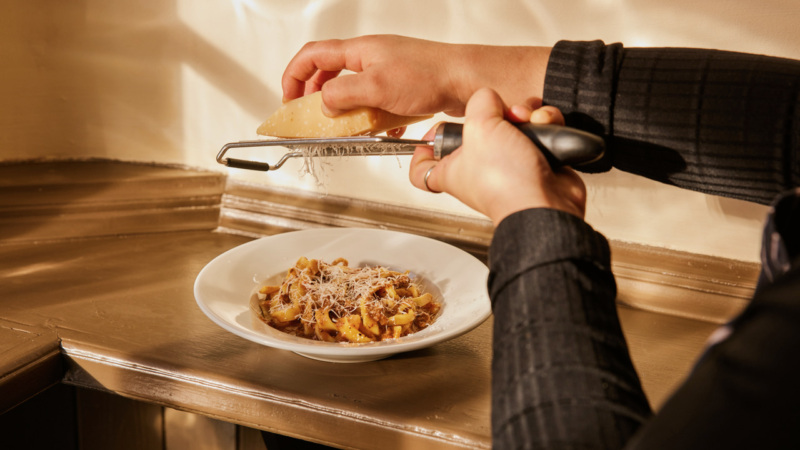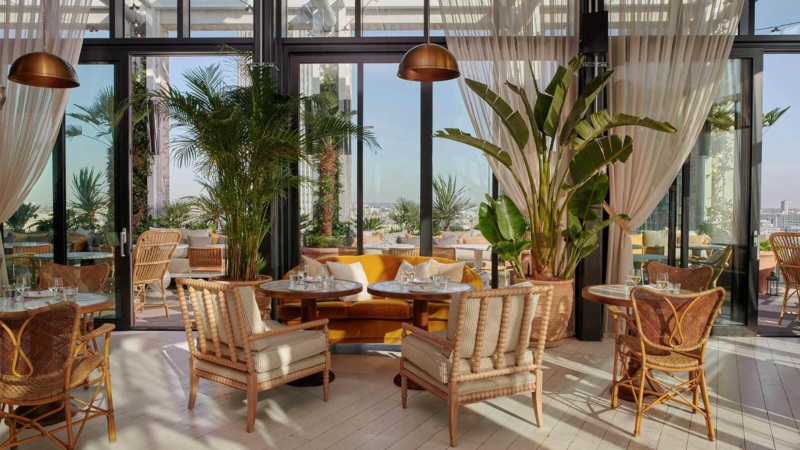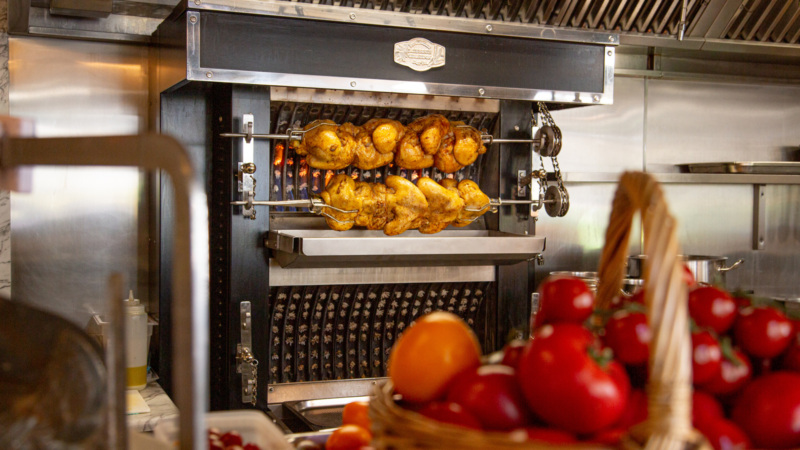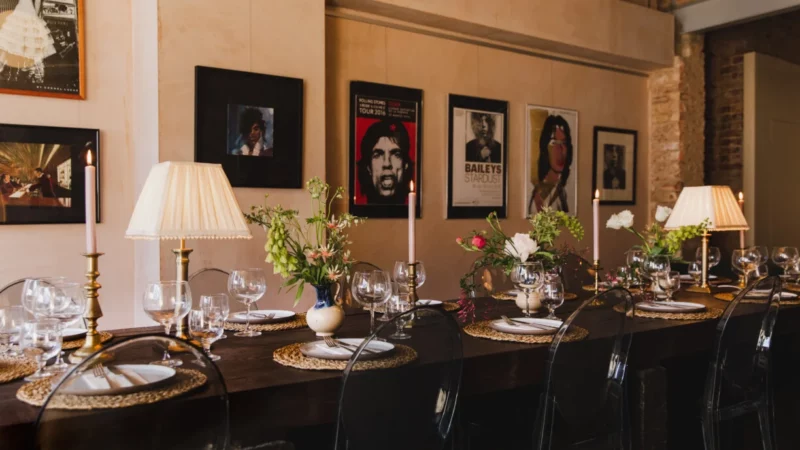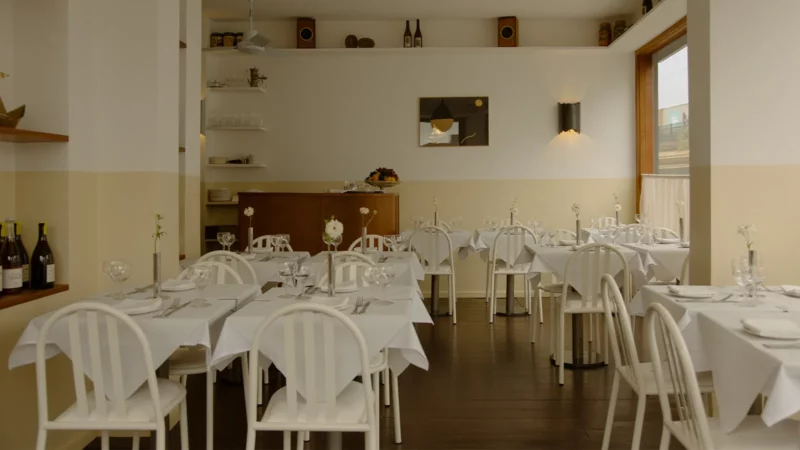
This London Restaurant Owner Set Up a Non-Profit to Create a Lifeline for his Team
In the wake of the COVID-19 pandemic and lockdown, a government-issued mandate shuttered the vast majority of restaurants, bars, and cafes, with a few switching to a limited takeaway and delivery service. As part of a four-part series hoping to explore the experiences and perspectives of restaurant workers in the immediate aftermath, we’ve spoken to and shared a few of the stories from those on the frontline. Read all of the stories here.
Stephen Tozer is a co-founder of London Restaurant Cooperative, a non-profit that employs restaurant staff to prepare delivery meals for diners and the NHS. He also co-founded the restaurants Maison Bab, Le Bab and Kebab Queen.
***
I had the idea to form the London Restaurant Cooperative on the Wednesday morning a couple of days before the relief was announced, because at that point, for all we knew, there could be no relief. And I just had to start thinking, look, if we aren’t going to get relief, what’s the most effective way I can get as many of our staff and others into employment as quickly as possible?
And what came to mind was the fact that there are loads of people at home in London who don’t like to cook, don’t have the space, can’t cook, or can’t order takeaways every night. Many are self isolating, so need food delivered to them.
We have this incredible, unutilised food output capacity, because pretty much every restaurant kitchen in central London is sat empty and unused. And there are now a million unemployed hospitality workers. So why don’t we use them to deliver pre-cooked meals, really nice ones made by chefs, and use front of house staff who also really want to work to deliver them?
Within the capacity and constraints of what we currently have built and staff we currently have, how can we pivot that to the new environment?
The idea was market-driven, not based purely on kindness and donations, of which there’s a lot flying around right now, and I respect that massively, but if the solutions are to be compelling and sustainable, I don’t think you can just set up a charity overnight and ask people to pay people’s wages for them for nothing.
And you know, I think there are two dimensions. There’s one that’s economic, but there’s also a big mental health dimension. I think people in restaurants are used to working at a million miles per hour — very hard, very intense, and they thrive off it. How are these people going to pay their rent, how are they going to support their families? How are they going to feel when they drive into this brick wall of inactivity?

And then, I thought, if we set this up, there’s an ability to also support the NHS, whereby not only could we donate any unused meals, but we can also get people to buy meals for the NHS and we’ll deliver them. And none of it is for profit. Any proceeds from selling any of these things simply go to a wage fund. Anything that goes over what’s required to keep staff going, goes to making meals for the NHS.
I think you should do what you can in these situations. You’ve just got to think, look, the landscape has just fundamentally changed — we need to adapt. And I think there’s a huge danger of everybody in business sitting down and saying, right, government, “You take over. Give me the solutions. Tell me how I’m going to pay my staff.”. And the reality is that that’s a vacuum that we cannot afford to exist. Other people who are running businesses have a responsibility to figure out how to create new kinds of employment right now.
Because this could last ages. And I think the thought experiment is that it’s not. But imagine if this were permanent. The whole economic landscape, it would all change. It would readapt to the way people live now, which is in their houses with delivery service only.
And there are more complexities to it, I can’t pretend I’ve wrapped my head around that. But that’s the way we have to start thinking, and within the capacity and constraints of what we currently have built and staff we currently have, how can we — and it’s a very overused word at the moment — pivot that to the new environment?

People are probably stockpiling quite a lot of disposable income at the moment, and what the industry is going to need on the other side of this is for people to come out and just eat out when they can. But I also don’t think that’s something that people are going to need to be implored to do. I think they’re going to do it anyway because everyone’s going to be so desperate to go out and have a massive party.
I genuinely believe that people living at home, having to cook for themselves, wash up, and just kind of not being able to go out and enjoy venues in which they can socially meet with their friends, socialise, be cooked for, be waited on — I think it’s just going to really sort of highlight the beauty of restaurants. And it will make them remember how amazing it is. It’s something that everyone can take for granted, you know, everyone does it, restaurateurs do it, non-restaurateurs do it. But it’s an incredible thing.
Stephen Tozer is the co-founder and co-owner of London Restaurant Cooperative, as well as Maison Bab, Le Bab, and Kebab Queen. You can order a meal or donate here.
David Paw is Resy’s International Editor. Follow Resy on Instagram and Twitter.

